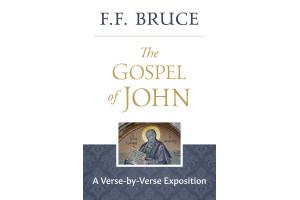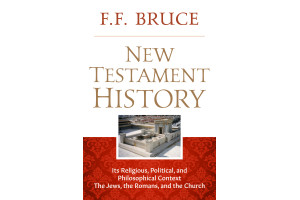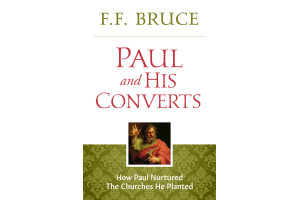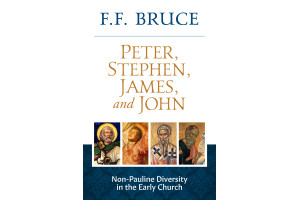

Peter, Stephen, James, and John
This concise and scholarly study describes four of the non-Pauline movements in the early church, each of which can be identified with a particular leader: Peter, Stephen, James and John. It is easy to view the early church through the eyes of Paul because so much of the New Testament contains his letters. This book, however, gives a sense of the diversity in the early church.
At a Glance
By: F.F. Bruce
It is plain from Paul’s writings that presentations of the Christian message other than his own were current during his apostolic career. However, by showing the diversity in the early church, F.F. Bruce gives New Testament readers a better historical understanding of the non-Pauline traditions. If you want to properly understand Paul, you need to understand historical context. This text does the job. Bruce comes to terms with pluralism in the early church’s understanding of the person and work of Christ, for instance. The chapters reflect a great deal of compression and merit concentrated study. Originally published as "Men and Movements in the Primitive Church."
This concise and scholarly study describes four of the non-Pauline movements in the early church, each of which can be identified with a particular leader: Peter, acknowledged leader of the apostles; Stephen and the Hellenists (Jews who spoke Greek culturally and linguistically); James and the Church of Jerusalem; and John and his circle, including his influence at Ephesus.
More Details
Read this eBook on the BibleMesh web-reader or our iOS and Android app.


Format: eBook
Published Date: 1979
Publisher: Kingsley Books

About the Technology
About the Author
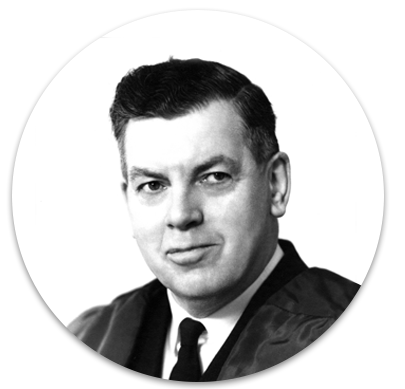
F.F. Bruce (1910-1990) is know worldwide as the "Dean of Evangelical Scholarship". He was a biblical scholar who supported the historical reliability of the New Testament. Trained in classics, he taught at the universities of Edinburgh, Leeds, and Sheffield, and was for almost twenty years the Rylands Professor of Biblical Criticism and Exegesis at the University of Manchester. Bruce combined an immense contribution to evangelical scholarship with a passion for proclaiming the Bible as God’s guide for our lives. He used his great knowledge to explain the Bible simply and clearly.
